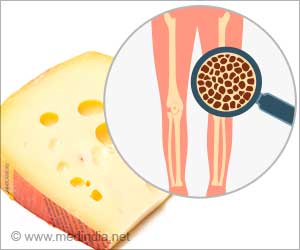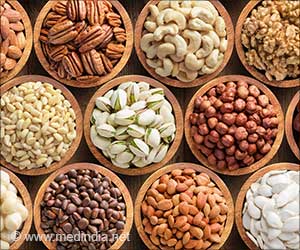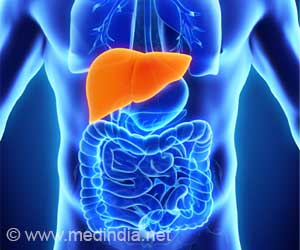Americans love cheese, but is it good for your health and the planet? Find out the pros, cons, and how to enjoy it responsibly.

- The average American consumes 41.8 pounds of cheese annually, primarily replacing milk in their diets
- Cheese is a good source of calcium but must be consumed in moderation to avoid excess saturated fat
- Increased cheese consumption impacts climate change due to greenhouse gas emissions from dairy production
Is cheese bad for you?
Go to source)?
Cheese consumption in the U.S. has shifted from primarily cheddar to a diverse mix, yet it remains one of the largest contributors to daily dairy intake. #cheeselovers #sustainability #medindia’
Is Cheese Healthy?
Cheese's health benefits or drawbacks are determined by the comparison. It falls between great (nuts and soy foods) and processed red meat. Cheese, like other dairy products, is nutritious, with a high calcium content. However, our calcium recommendations are somewhat inflated because they are based on research lasting a few weeks, which is considerably too short.Daily Calcium Requirement by Adults
Current National Institutes of Health standards recommended that Americans over the age of 18 consume 1,000 mg of calcium every day. However, most people will probably only require 600 mg.Of course, the amount of cheese makes a big difference, and it is now normal to put a lot of it on sandwiches and salads. One serving of dairy foods per day is definitely a reasonable goal; some evidence suggests that yogurt has some health benefits, and cheese might be part of the mix. If you are thinking about a cheese sandwich, consider peanut butter on whole grain bread or nuts in your salad instead of cheese.
Cheese Consumption Among Americans
Americans consume approximately 1.5 servings of dairy products per day, the bulk of which is now in the form of cheese. This is a significant transition over the previous few decades; the total amount of dairy foods consumed has not changed significantly, but until recently, this was primarily milk. The USDA has consistently supported cheese consumption (despite their own guidelines advocating saturated fat reduction), which has likely contributed to this trend.Causes for Increase in Cheese Consumption
Some of the increases in cheese consumption are most likely due to more people eliminating red meat for a variety of reasons, including health, animal welfare, and climate change, but the USDA's vigorous promotion of cheese has undoubtedly had a role. Beginning with the Dairy Production Stabilization Act of 1983, the USDA received a tiny tax on dairy sales to promote the sale of dairy items, resulting in a significant conflict of interest inside the organization.Types of Cheese and Their Health Benefits
Previously, cheddar was the most popular cheese among Americans, but we now consume a wider range. There is no compelling evidence that one variety is better for your health than another.The difference in nutrient content across cheeses is mostly attributable to the amount of water. Cottage cheese and other fresh cheeses with high water content include higher levels of lactose, a carbohydrate that declines with age. As cheese ages and hardens, such as parmesan or manchego, the lactose is fermented and lost.
However, loudness is important. We eat more cottage cheese than aged cheese, thus the amount of calories, calcium, and saturated fat may not differ significantly.
In addition to the direct benefits of cheese on health, it is critical to examine the consequences of climate change, as dairy production has a significant impact on greenhouse gas emissions and land use. In an analysis undertaken as part of the EAT-Lancet Commission on Healthy and Sustainable Food Systems, we discovered that increasing global dairy output to two servings per day would make it difficult to limit severe climate change (2✔ ✔Trusted Source
The EAT-Lancet Commission on Food, Planet, Health
Go to source).
References:
- Is cheese bad for you? - (https://news.harvard.edu/gazette/story/2024/11/is-cheese-bad-for-you/)
- The EAT-Lancet Commission on Food, Planet, Health - (https://eatforum.org/eat-lancet-commission/)
Source-Medindia















